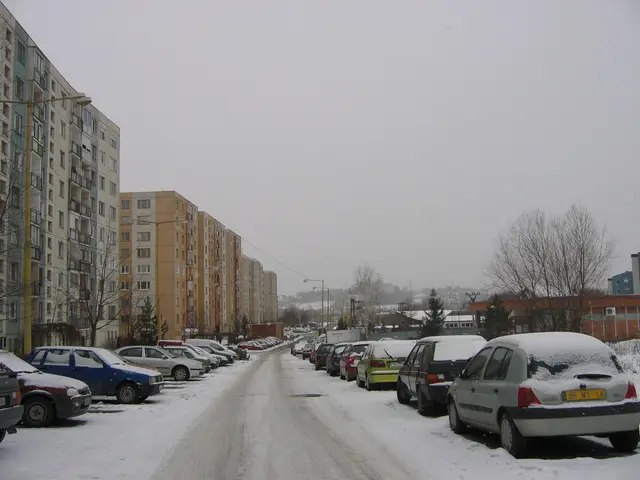Permanent border checks on passports to be implemented by Germany with Poland.
Germany's Foreign Affairs chief, Nancy Faeser, announced new permanent border controls with Poland and the Czech Republic in an announcement with "Welt am Sonntag". These controls come as a response to the growing migration issue, with many Balkan immigrants expected to travel through Poland.
As part of the European Union, both Germany and Poland are members of the Schengen Area, which abolished many passport and border control at mutual borders. Travel between these countries resembles traveling within the United States. However, the introduction of permanent border controls might add tension to German-Polish relations and raise concerns for the Schengen Area.
The Schengen Area, a single jurisdiction with a common visa policy, allows for almost frictionless travel between member countries. But Germany's decision marks a shift from the traditional values of free movement, aligning with actions taken by other European countries facing security issues. The move complicates cross-border travel and trade, potentially impacting local businesses and economies.
Poland has emerged as a significant hub for immigrants en route to Germany, with over 10,000 individuals lacking documents or visas reportedly crossing illegally each month. Most migrants enter Germany via Serbia, Hungary, Slovakia, Poland, and the Czech Republic, avoiding Austria due to stricter registration and intensified border controls.
Another popular route goes through Belarus and Poland, with half of the immigrants in Brandenburg facilities traveling through Moscow and Minsk. This route requires immigrants to obtain Russian or Belarusian visas. The number of immigrants crossing the Polish-Belarusian border has decreased due to the firm stance of Polish border authorities, causing migrants to seek alternate routes.
As Germany fortifies its borders, the European Union's longstanding principle of free movement across internal borders faces challenges. Striking a delicate balance between security and economic cooperation will be crucial in maintaining positive relations between Germany and Poland.
- The Foreign Affairs chief of Germany, Nancy Faeser, announced new permanent border controls with Poland and the Czech Republic in response to the growing migration issue, particularly with Balkan immigrants expected to travel through Poland.
- Both Germany and Poland are members of the Schengen Area, which offers almost frictionless travel between member countries.
- The introduction of permanent border controls might add tension to German-Polish relations and raise concerns for the Schengen Area.
- Poland has become a significant hub for immigrants en route to Germany, with over 10,000 individuals lacking documents or visas reportedly crossing illegally each month.
- As Germany fortifies its borders, the European Union's longstanding principle of free movement across internal borders faces challenges.
- The move complicates cross-border travel and trade, potentially impacting local businesses and economies.
- Another popular route goes through Belarus and Poland, with half of the immigrants in Brandenburg facilities traveling through Moscow and Minsk, requiring immigrants to obtain Russian or Belarusian visas.
- Striking a delicate balance between security and economic cooperation will be crucial in maintaining positive relations between Germany and Poland, while also dealing with the complexities of war-and-conflicts, politics, and general news relating to immigration and war-torn regions.







